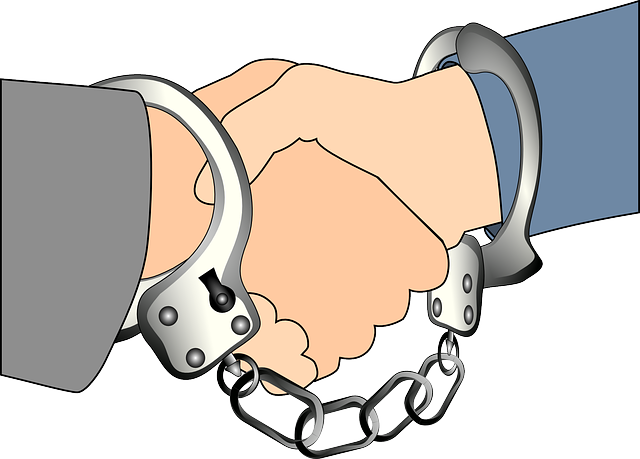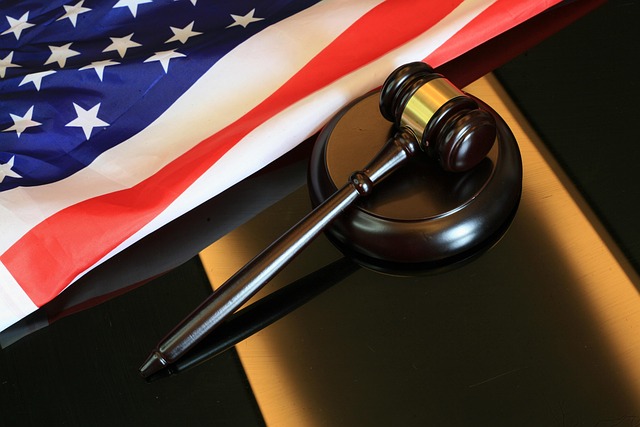Online privacy is a critical factor in understanding the intersection of drug interaction and DUI law in the digital age. Personal data shared online, from browsing histories to medical information, can inadvertently provide evidence of medication use or access to prescription drugs, impacting DUI cases. Law enforcement uses digital tools to uncover drug interactions that may enhance criminal liability, while legitimate medical reasons for substance presence could mitigate responsibility. In today's digital world, users should be cautious about their online behavior and data sharing to protect privacy and avoid potential legal consequences related to Drug Interaction and DUI Law.
Online privacy has become a critical issue with far-reaching implications, particularly in the realm of criminal law. This article delves into the intricate relationship between digital security and driving under the influence (DUI) regulations. We explore how our online activities can leave traceable ‘digital footprints’ that might impact legal cases, especially when drug interactions come into play. Understanding these connections is vital to safeguarding your freedom and navigating the complexities of modern law enforcement.
- Understanding Online Privacy and its Impact on DUI Laws
- The Role of Drug Interaction in Criminal Cases
- Navigating Digital Footprints to Avoid Legal Consequences
- Exploring Virtual Behavior and Real-World Penalties
- Safeguarding Your Online Activity for Personal Freedom
Understanding Online Privacy and its Impact on DUI Laws

Online privacy has become an increasingly vital aspect of our digital lives, especially as it pertains to driving under the influence (DUI) laws. In today’s world, individuals often share vast amounts of personal information online, from browsing histories to location data. This raises significant concerns about how such data can be used and its potential impact on legal proceedings, particularly in cases involving DUI.
Understanding online privacy is crucial when considering drug interaction and DUI law. The sharing of personal details, including medication use or access to prescription drugs, could inadvertently provide evidence that alters the outcome of a DUI case. For instance, an individual’s online activities might reveal legitimate medical reasons for having certain substances in their system, which could mitigate their legal responsibility. Conversely, it may also uncover potential drug interactions that enhance criminal liability, as law enforcement agencies leverage digital tools to gather evidence and build cases.
The Role of Drug Interaction in Criminal Cases

In criminal cases, especially those involving driving under the influence (DUI), drug interaction plays a significant role in shaping legal outcomes. When an individual is accused of DUI, understanding the impact of substance interactions becomes crucial. Drug interaction refers to how different medications or substances can affect a person’s cognitive abilities and motor functions, which are essential for safe driving. In the context of DUI law, this knowledge helps lawyers and prosecutors build robust defenses or determine liability.
The complexity lies in the fact that many legal cases involve individuals taking multiple medications, either prescription or over-the-counter. These substances can interact in unexpected ways, leading to impaired judgment, slowed reaction times, and distorted perception—all of which are critical factors in driving safely. Experts in pharmacology and toxicology often testify in such cases, providing insights into the specific drug interactions and their effects on an individual’s ability to operate a vehicle. This specialized knowledge is vital for ensuring fairness in criminal proceedings related to DUI charges.
Navigating Digital Footprints to Avoid Legal Consequences

In today’s digital era, our online activities leave behind a trail known as a digital footprint. This trail can inadvertently expose sensitive personal information, including details that could impact legal matters such as Drug Interaction and DUI Law cases. Every post, search, and click contributes to this unique online identity, which law enforcement agencies are increasingly able to track and use in investigations.
To avoid potential legal consequences, it’s crucial to be mindful of the information you share online. Limiting personal details on social media platforms, using secure browsing practices, and understanding the privacy settings of apps and websites can help reduce your digital footprint. Staying informed about how data is used and shared in your jurisdiction is also key to protecting yourself from unwarranted scrutiny, especially when dealing with issues related to drug interactions and DUI laws.
Exploring Virtual Behavior and Real-World Penalties

In today’s digital age, our virtual behavior often reflects in the real world, particularly when it comes to online privacy. Exploring this connection is crucial, especially in the context of Drug Interaction and DUI Law. Every click, share, or post can potentially leave a digital footprint that law enforcement may access during investigations. For instance, online activities revealing substance abuse could inadvertently trigger legal consequences similar to those under DUI laws. This intersection highlights the need for users to be mindful of their virtual actions, as they can have tangible effects on their lives.
The penalties for violating online privacy regulations and drug-related offenses are significant. Lawmakers are increasingly leveraging digital evidence to enforce Drug Interaction and DUI Laws, ensuring that the virtual and real worlds remain intertwined in legal proceedings. As such, understanding this dynamic is essential for both individuals looking to protect their privacy and legal professionals navigating these complex cases.
Safeguarding Your Online Activity for Personal Freedom

In today’s digital age, online privacy is a cornerstone for preserving personal freedom. Our every click, search, and interaction leaves a digital footprint that, if mishandled, can lead to severe consequences, particularly in jurisdictions with stringent Drug Interaction and DUI Laws. Protecting your digital activities ensures that your private moments remain just that—private. This safeguard is crucial when considering the potential implications for individuals facing drug-related charges or those attempting to maintain a clean record.
By encrypting data, using secure networks, and practicing mindful online behavior, users can navigate the internet with a reduced risk of their digital traces being exploited. This approach fosters an environment where individuals can freely explore the web without fear of their personal information being used against them, ensuring fairness and mitigating potential legal repercussions, especially when it comes to matters as sensitive as Drug Interaction and DUI cases.
Online privacy is a multifaceted issue that significantly impacts legal domains, particularly in cases of drug interaction and DUI laws. As our digital footprints grow, understanding how virtual behavior can lead to real-world penalties becomes crucial for personal freedom. Navigating the complex landscape of online activity requires us to be mindful of our actions to avoid legal consequences. By staying informed and adopting safe practices, individuals can safeguard their privacy and ensure their online interactions do not compromise their physical well-being or legal standing. This balance between digital liberty and real-world accountability is essential in today’s interconnected world.






